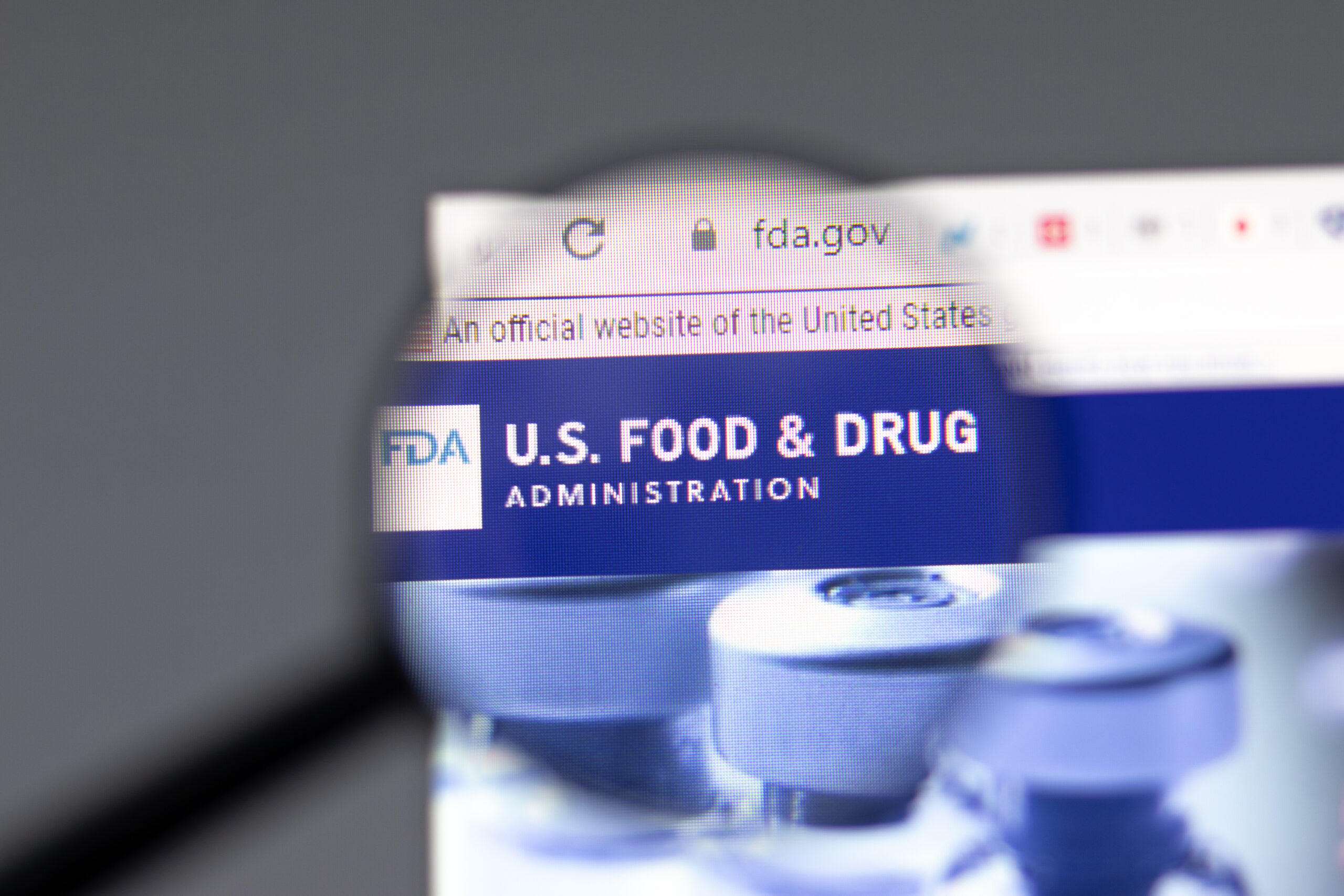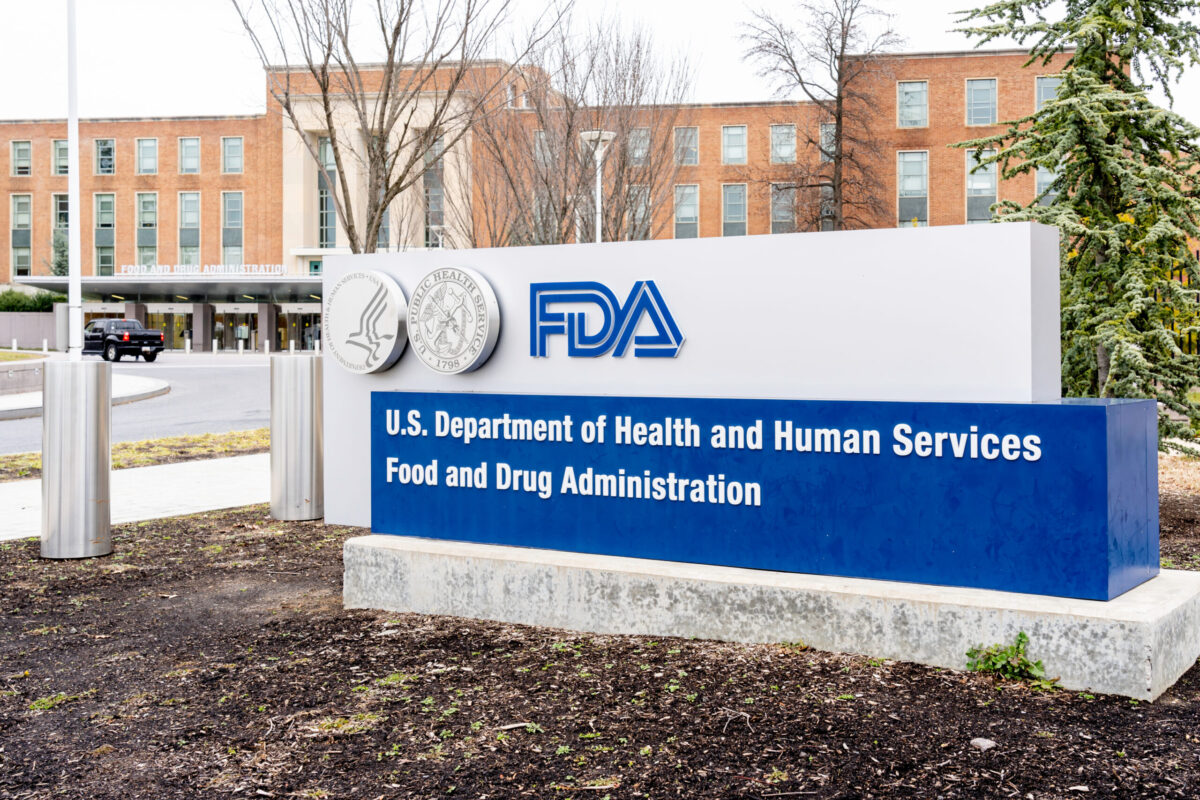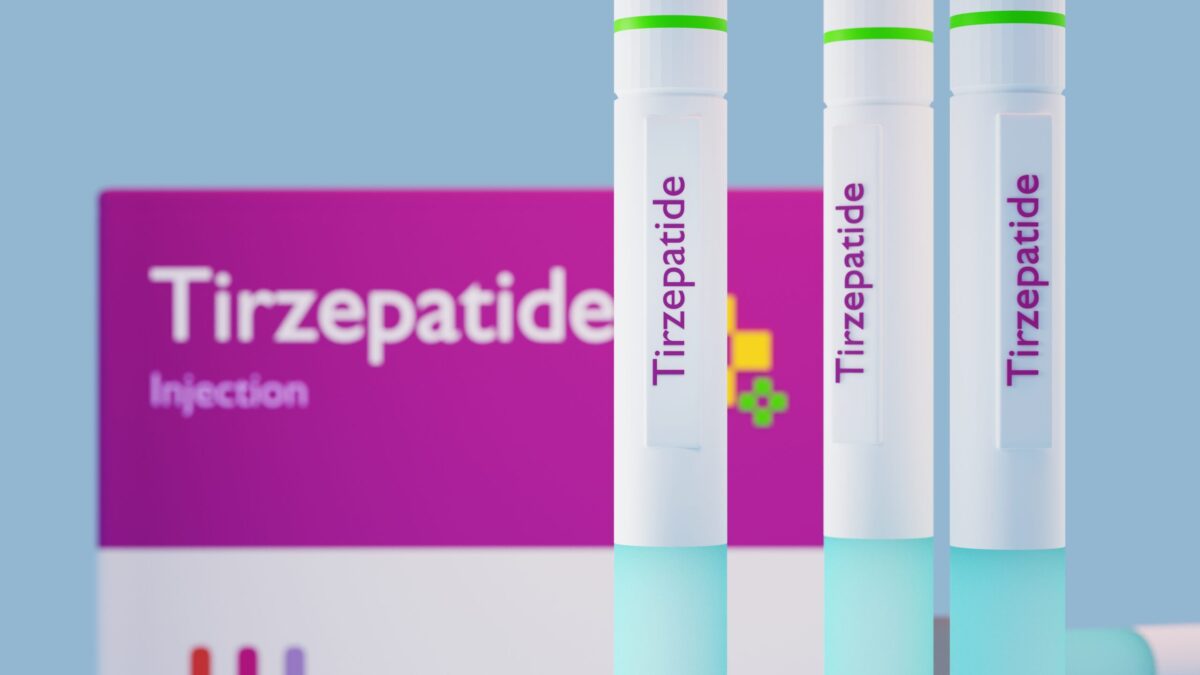According to data presented at this year’s European Society for Medical Oncology (ESMO) congress, Exelixis’ kidney cancer drug reduced the rate of disease progression or death in patients in a Phase II clinical trial, by 31 percent. The drug – called Cabometyx (cabozantinib) – was compared to Pfizer’s Sutent (sunitinib) in patients with untreated advanced renal cell carcinoma.
While patients taking Sutent had an average progression-free survival of 5.6 months, those who received Cabometyx saw a 46 percent improvement in the measure, to 8.2 months. The data from the CABOSUN clinical trial suggests that the drug could be a promising first-line therapy for adults with advanced renal cell carcinoma, however it is currently only approved for use in patients who have previously received antiangiogenic therapy.
Kidney cancer is one of the top 10 most common types of cancer in the US. The five-year survival rate for the most common form of the disease – clear cell renal cell carcinoma – is high among patients who are diagnosed early, however this statistic quickly drops to 12 percent when patients reach advanced and late stages of the disease.
“The results presented today support the potential of cabozantinib to become a new therapeutic option for previously untreated patients following their diagnosis with advanced kidney cancer,” said Dr. Toni K. Choueiri, Director, Lank Center for Genitourinary Oncology, Dana-Farber Cancer Institute, and chair of the CABOSUN clinical trial. “Not only has cabozantinib surpassed sunitinib, the current standard of care, in progression-free survival and objective response rate, cabozantinib’s effects on progression-free survival were also consistently favorable across patient stratification subgroups including IMDC intermediate versus poor-risk groups and presence or absence of bone metastases.”
Exelixis also presented data at ESMO on an improved objective response rate for patients taking Cabometyx – at 46 percent – compared to Sutent – at 18 percent. The median follow-up for the CABOSUN clinical trial was 22.8 months, with an overall survival of 30.3 months for Cabometyx, and 21.8 months for Sutent.
“The past year has seen a tremendous level of progress in the treatment of kidney cancer, and we are excited to be at the forefront of bringing these advancements to patients,” said Dr. Michael M. Morrissey, president and CEO of Exelixis. “Patients in the first-line setting with either intermediate- or poor-risk disease progress rapidly with sunitinib, a current standard of care; therefore, there is a clear need for new options that provide improved clinical benefit in this difficult to treat patient population.”
Exelixis now plans to submit a supplemental New Drug Application to the US Food and Drug Administration (FDA), in support of making Cabometyx a first-line treatment for advanced renal cell carcinoma. Earlier this year, Exelixis sold the rights to cabozantinib to Ipsen in a $200 million deal, allowing the French pharmaceutical company to market the drug outside the US, Canada and Japan.












Join or login to leave a comment
JOIN LOGIN